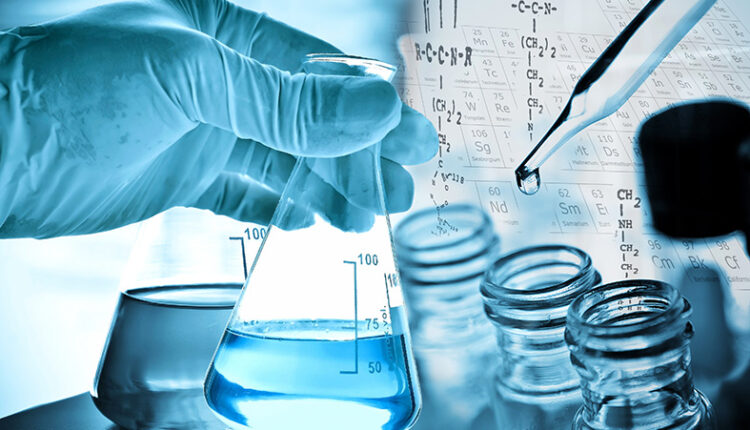Armed with Field Testing Kits, 5 persons particularly women being trained in every village for water testing quality
SRINAGAR, NOVEMBER 5: To ensure quality water supply, Jal Shakti Department under the aegis of Jal Jeevan Mission has setup 97 water testing laboratories across J&K.
Jal Jeevan Mission not only ensures regular tap water supply but also stresses water quality. Water testing is important for monitoring the operation of water supply, verification of the safety of drinking water, investigation of disease outbreaks, validation process and preventive measures.
Water quality testing tools would be used for measuring the purity of drinking water: at the source; within a piped distribution system; or at the end of the supply. Drinking water quality monitoring and water quality surveillance are distinct yet, closely related activities. The drinking water quality will be monitored by the supplier/ agency responsible for water quality whereas the surveillance of water quality at the grassroots will be the responsibility of the GPs/ rural community.
Under JJM, upto 2% of total fund allocation is to be used on water quality monitoring & surveillance activities which primarily comprise water quality monitoring by the Department through laboratory testing and water quality surveillance by the community through testing local water sources using Field Test Kits (FTKs). All drinking water sources are to be tested once a year for chemical contamination and twice a year for bacteriological parameters.
To empower the local community on water quality surveillance in J&K, Jal Shakti Department has embarked on a mission to identify and train 5 persons especially women in each village from the local community, viz. ASHA workers, health workers, VWSC/ Pani Samiti members, teachers, SHG members, etc., to conduct water quality tests using FTKs/ bacteriological vials at the village level, schools and Anganwadi centres.
According to a JJM Official, the laboratories at Sub-divisional/ block lab will test 100% water sources under its jurisdiction; once for chemical parameters and twice for bacteriological parameters (pre and post-monsoon) in a year, covering all sources of a block at least for 13 basic water quality parameters. The positively tested samples will be referred to the district laboratory immediately.
Similarly, he informed that district labs will test 250 water sources/ samples per month (i.e. 3,000 in a year as per the target of roster available on Department/ National Mission IMIS) covering all sources randomly spread geographically including the positively tested samples referred by the subdivision/ block laboratory/ mobile laboratory on at least for 13 basic water quality parameters. The district lab will also refer the positively tested samples to the State laboratory immediately, he said. “The other parameters may be tested as per local contamination at the district level.”

